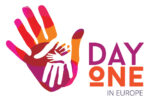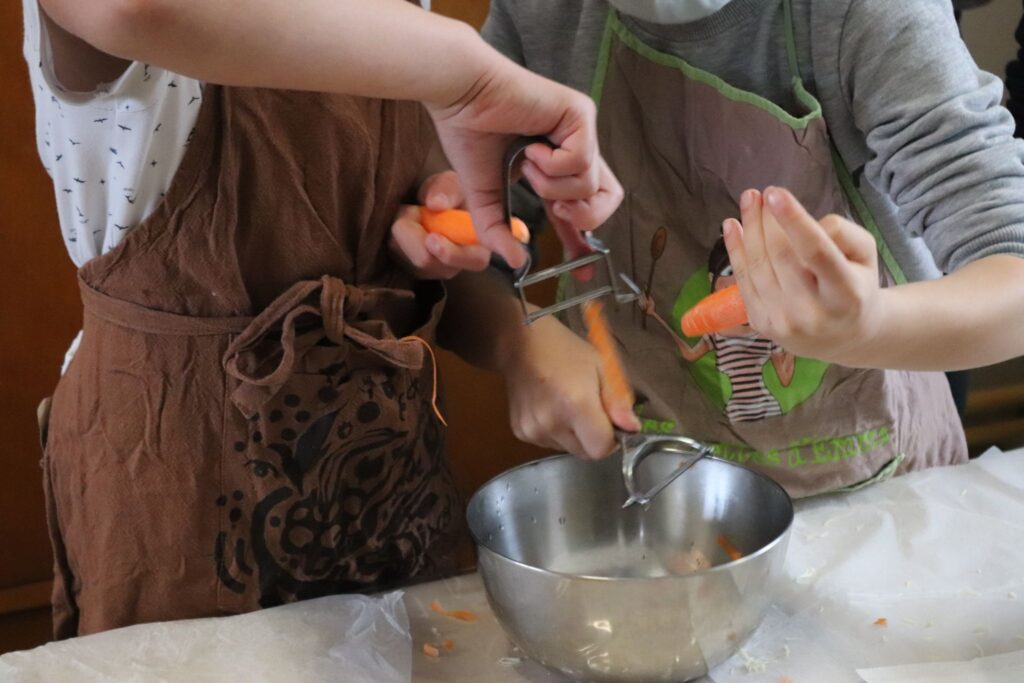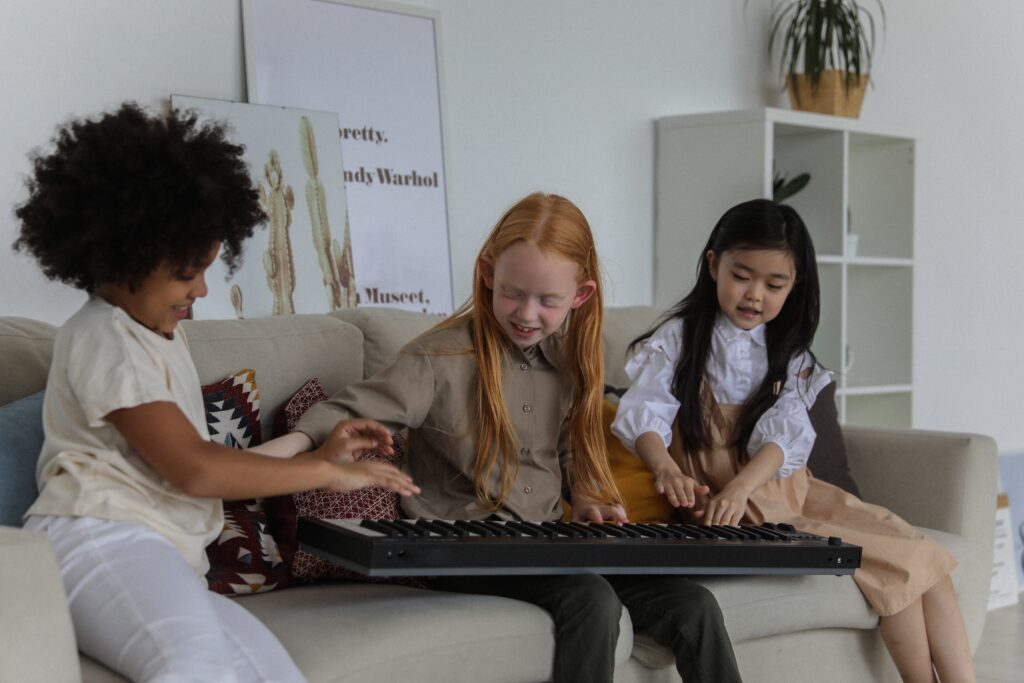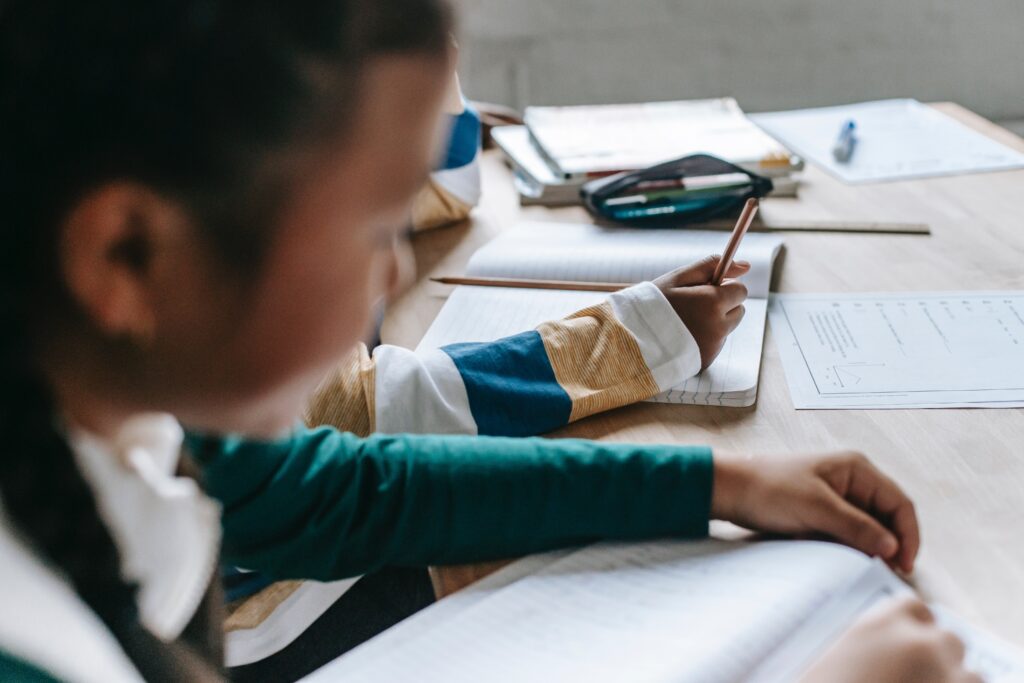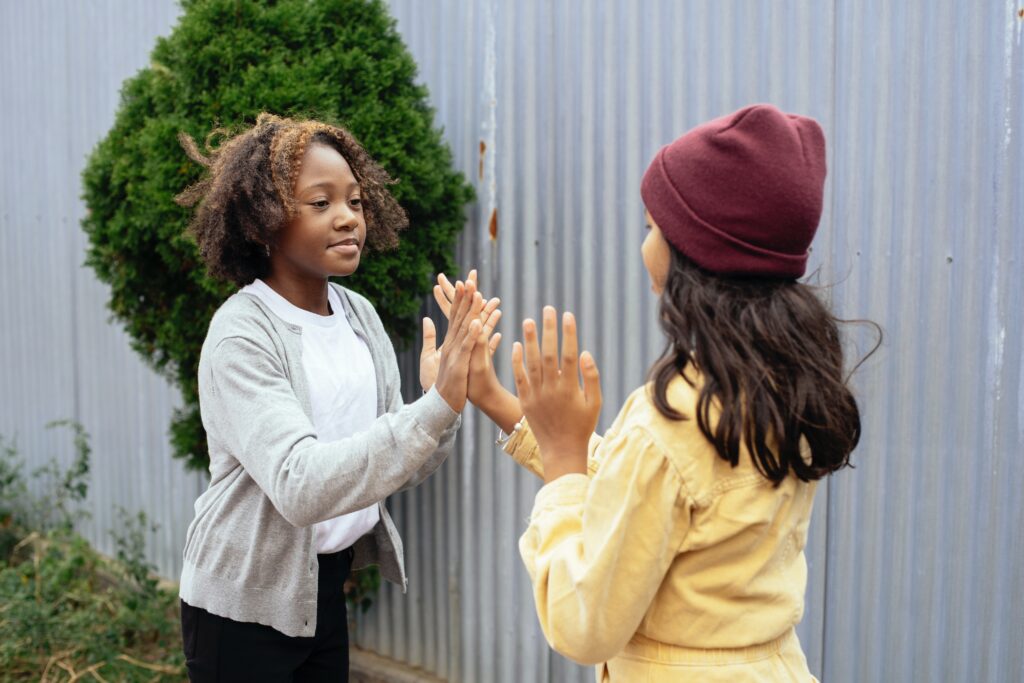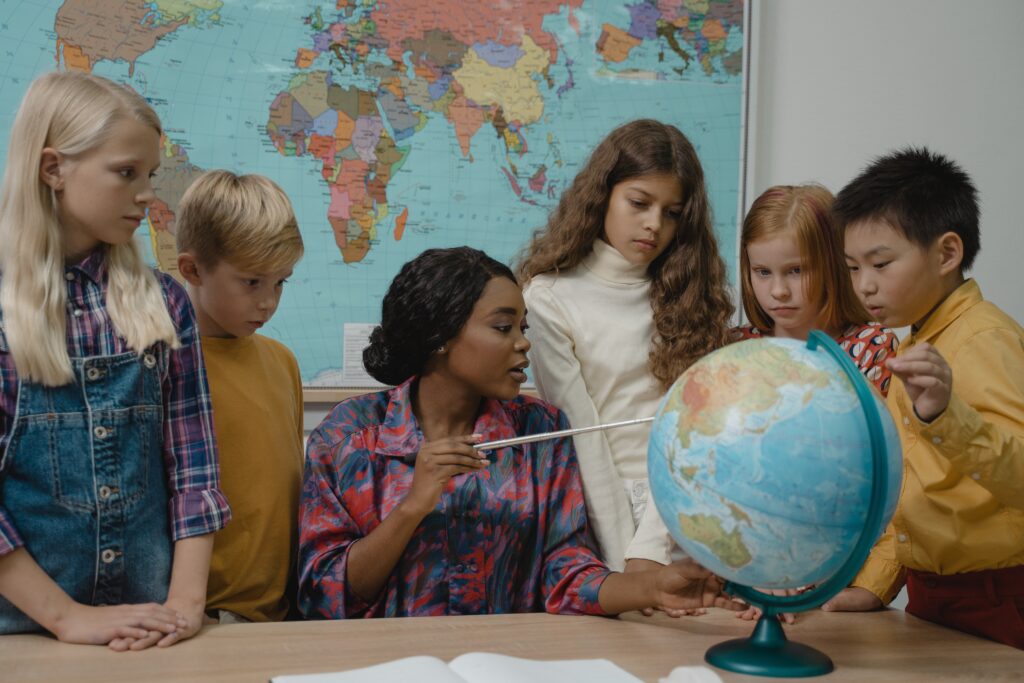About Day One

Communication
Communication in the native language is one of the European Union’s key competencies for lifelong learning. The migration crisis across Europe is bringing new pupils into schools, especially children, who do not speak the language of their teachers, but who will in the near future become multilingual.
These children find themselves at a disadvantage in this situation, due to a lack of training, translation and knowledge of migratory movements they are facing.
our Mission
promoting inclusion of migrant children through exploring native languages and culture
research.
We know from research on multilingualism the importance of not creating a linguistic break in a migratory journey, in order to facilitate inclusion and successful learning.
opportunity.
There are tools and games, designed to facilitate the arrival of migrant
children in their host class. Only a few advocate the promotion of their native language, and we want to see this approach normalised as soon as possible.
Challenge.
The challenge of DAY ONE IN EUROPE is to develop tools enabling those involved in education to use the native languages of migrant children as a resource for all pupils, and not as a marker of difference.
Intellectual outputs
Over a period of three years, DAY ONE IN EUROPE allows the creation of 5 intellectual outputs based on experimentation, research and exchange of good practices in the sector:
Beneficiaries
Children and their families, whether migrants or refugees.
Target Audience
The target audiences are teachers working with children aged 6-11.
Workspaces
We have defined 4 workspaces in which language and culture can be expressed in all these forms: Cooking and Food, Singing, Correspondence and Play.
Cooking and Food
Singing
Correspondence
Play
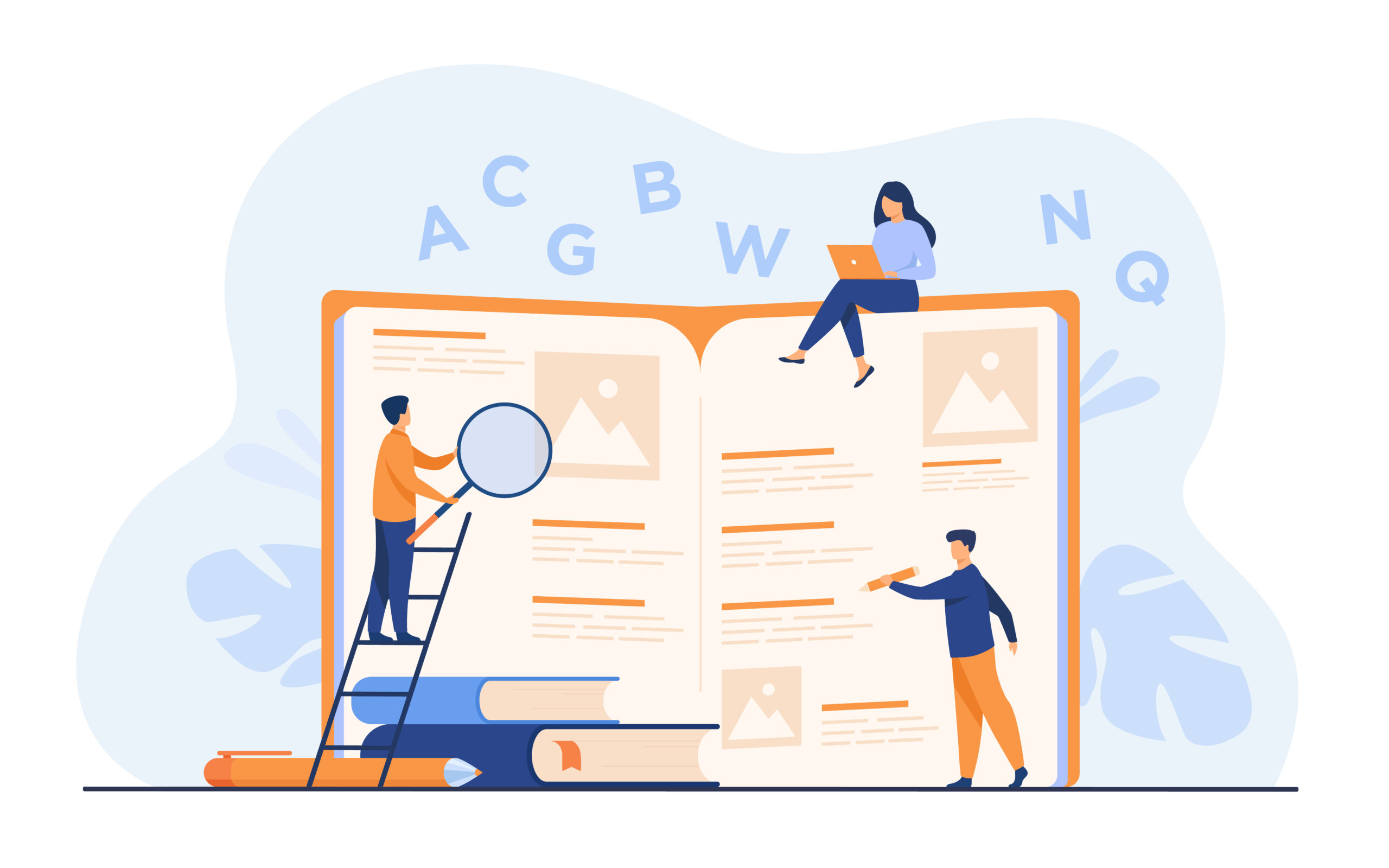
About our
partners
We, the Greek, Belgian, French, Italian, Irish and Maltese partners have all already worked on projects promoting the inclusion of allophone (?) children in their host countries.
By pooling the productions of our previous projects, supported by linguists, anthropologists, sociologists, philosophers and writers and backed by national education authorities, we are creating a European training space for teachers working in schools to explore native languages as a fun educational and cultural resource.
